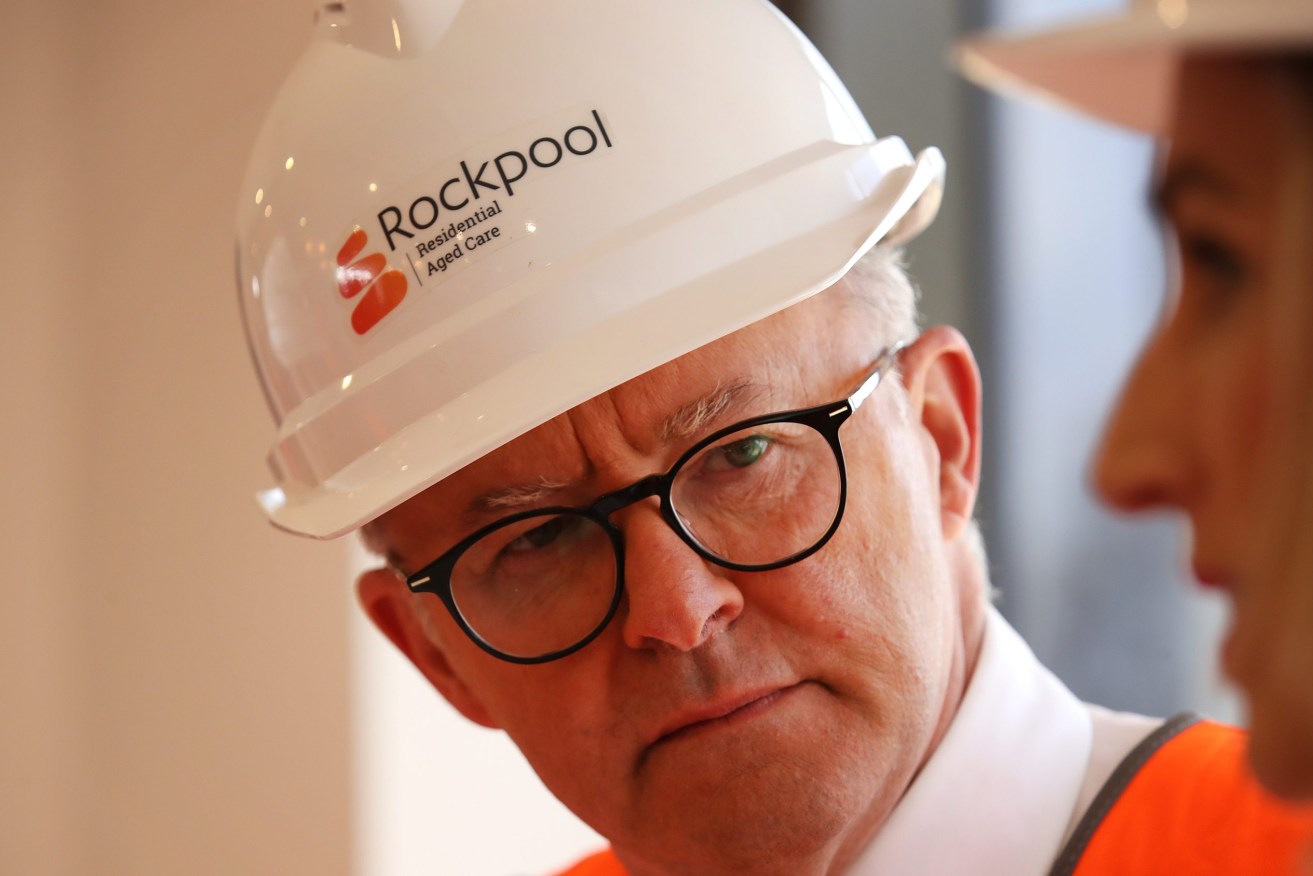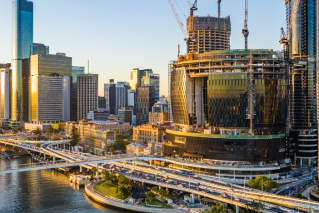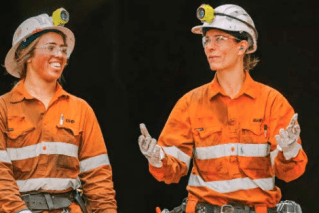How business is heading into a conflict with Labor it is unlikely to win
Given he was only elected in May it would be reasonable to think Prime Minister Anthony Albanese would have taken a bit longer to draw the battle lines with business, but the political opportunities appear too good, writes Business Editor John McCarthy


Prime Minister Anthony Albanese's intervention in power pricing and supply has seen a plunge in he wholesale electricity price. (AAP Image/Jono Searle)
Albanese has been cautious, perhaps taking a leaf from Labor State Governments that progressive politics is a marathon, but the environment right now seems too good to waste.
Two major issues are haunting business, wages and energy. After a decade of a Coalition Government that kept a lid on wages growth it was always likely to come to a head early in the Government’s term, but it is becoming an increasingly important target for the Government as cost-of-living pressures grow.
The public will only give Labor so long to do something so Industrial Relations Minister Tony Burke is keen to get his legislation through Parliament and is pushing back against moves to stall its progress to allow for more consultation.
The legislation includes the ability for multi-employer bargaining which Labor thinks will be key to getting wages moving. All employers see is the likelihood of them getting caught up in an industrial war.
“This will open up agreement-making to workers who currently cannot access the benefits of agreements such as small business, women in the care and community services sectors, and First Nations people,” Burke said.
“This change will help us close the gender pay gap and address disadvantage.”
The legislation has created what the resources sector describes as “white hot anger” and it wants to be excluded from that multi-employer bargaining. But that white hot anger has existed in the public for some time and is one of the key reasons Labor was elected.
Labor and the resources sector are not exactly best mates, either. The mining super profits tax, Adani, New Hope and the most recent royalties dispute are all issues where Labor and the sector have fought bitter battles so Albanese won’t lose too much sleep over the rhetoric coming out of the mining sector at the moment.
In Queensland, this is going to be particularly interesting because this is all feeding into a potential brawl in the coal fields. BHP and its joint venture partners Mitsubishi are facing off against the Mining and Energy Union in an enterprise bargaining dispute that has all the potential to get really interesting.
About 2000 workers have voted in favour of taking industrial action that could include work stoppages and bans on non-rostered overtime. There is a fair degree of frustration on both sides of this dispute so it could get ugly.
The same goes for energy. It has become an area where the opportunities are too good to ignore for Labor.
Spiralling energy bills are occurring at the same time as gas companies are raking it in. Origin yesterday reported gas revenues of $2.77 billion in the September quarter and its APLNG project on Curtis Island, near Gladstone, is a cash cow with a 64 per cent rise over three months.
It doesn’t take much convincing for the public to accept that this is an area ripe for intervention and really, the gas companies have a tough job in countering it. The prospect of price caps seems too good an option for the Government. Even Rod Sims, the former head of the Australian Competition and Consumer Commission, backed the prospect this week.
It can argue the point that like the coal companies before them, they need to make money at times like this because there are a lot of long, lean years when they make very little. How much the public accepts this will depend on how long it takes to get some action on reducing costs.
A lot of the blame for the sorry mess of the energy market lays at the feet of the State Governments. In Queensland, the Bligh Government failed to impose a domestic gas reservation policy on the coal seam gas sector which is now looking like another major failing.
Palaszczuk tried to fix it but it was really only working at the margins.
The NSW and Victorian governments have added to that by effectively killing off gas development for years.
The Albanese Government would be a one-termer if it let these two issues fester and Albanese has been around too long to ignore opportunities.












